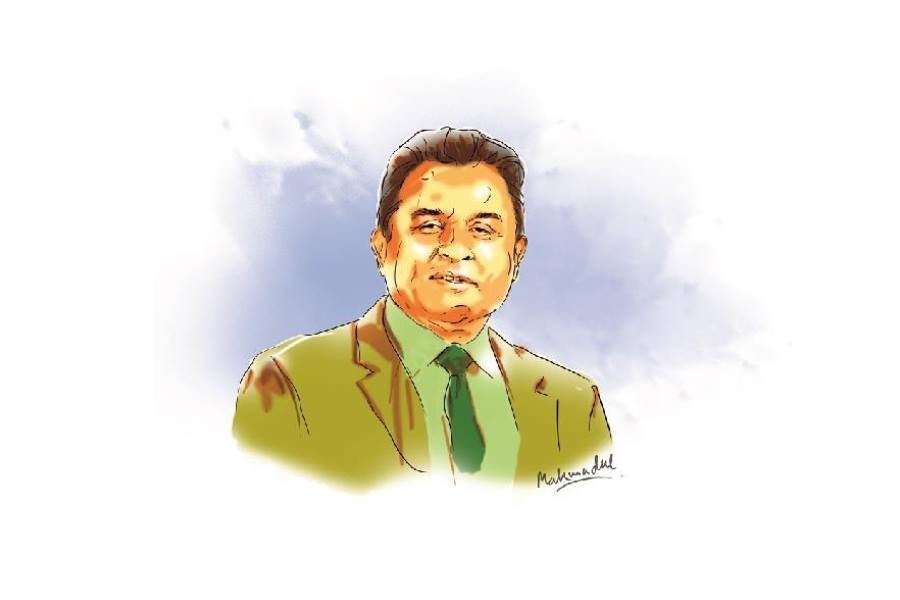The Russia-Ukraine war and its repercussions amid recovery from the coronavirus pandemic have forced governments to revise their previous plans and Bangladesh is no exception.
The Sheikh Hasina administration unveiled its budget for the fiscal year 2022-23 on Thursday, proposing a range of changes that are expected to tackle the effects of the global crisis.
Last year, Finance Minister AHM Mustafa Kamal grappled with the task of striking a balance between protecting public health and livelihoods amid a raging pandemic, reports bdnews24.com.
This time he faces the challenges of keeping prices of daily necessities down amid volatility on the international market as people suffer heavily from skyrocketing living costs.
Here are some key points of his plan:
- The government has rolled out a Tk 6.78 trillion spending plan, equivalent to 15.23 per cent of the national GDP and 14.24 per cent higher than the revised outlay for FY22.
- It has set a 7.5 per cent GDP growth target for the new fiscal year, banking on strong "domestic and external demand" to drive economic growth in the medium term.
Spurred by a record GDP growth of 8.15 per cent in FY19, the finance minister had again set a target of 8.2 per cent GDP growth for fiscal 2019-20 but the number had to be revised down to 6.1 per cent as the economy went through a turbulent phase. The country only achieved 3.45 per cent growth that year.
The growth rate increased to 6.94 per cent in the fiscal 2020-2021 and after riding out another wave of the pandemic, the GDP target was increased to 7.2 per cent for the ongoing year.
- It is targeting an average inflation rate of 5.6 per cent in the coming fiscal year. According to the budget proposal, the government is refraining from adjusting domestic prices of chemical fertiliser, gas and power in order to stave off inflation.
- Kamal has proposed enacting a new provision to the income tax ordinance to offer Bangladeshis scope to legalise unreported offshore assets without facing any questions from authorities.
The minister proposed a 15 per cent tax on immovable property located abroad, and a 10 per cent tax on movable property if it is not brought back to the country. He also proposed 7.0 per cent tax on remittances coming into Bangladesh. The privilege will remain in effect from July 2022 to June 2023.


